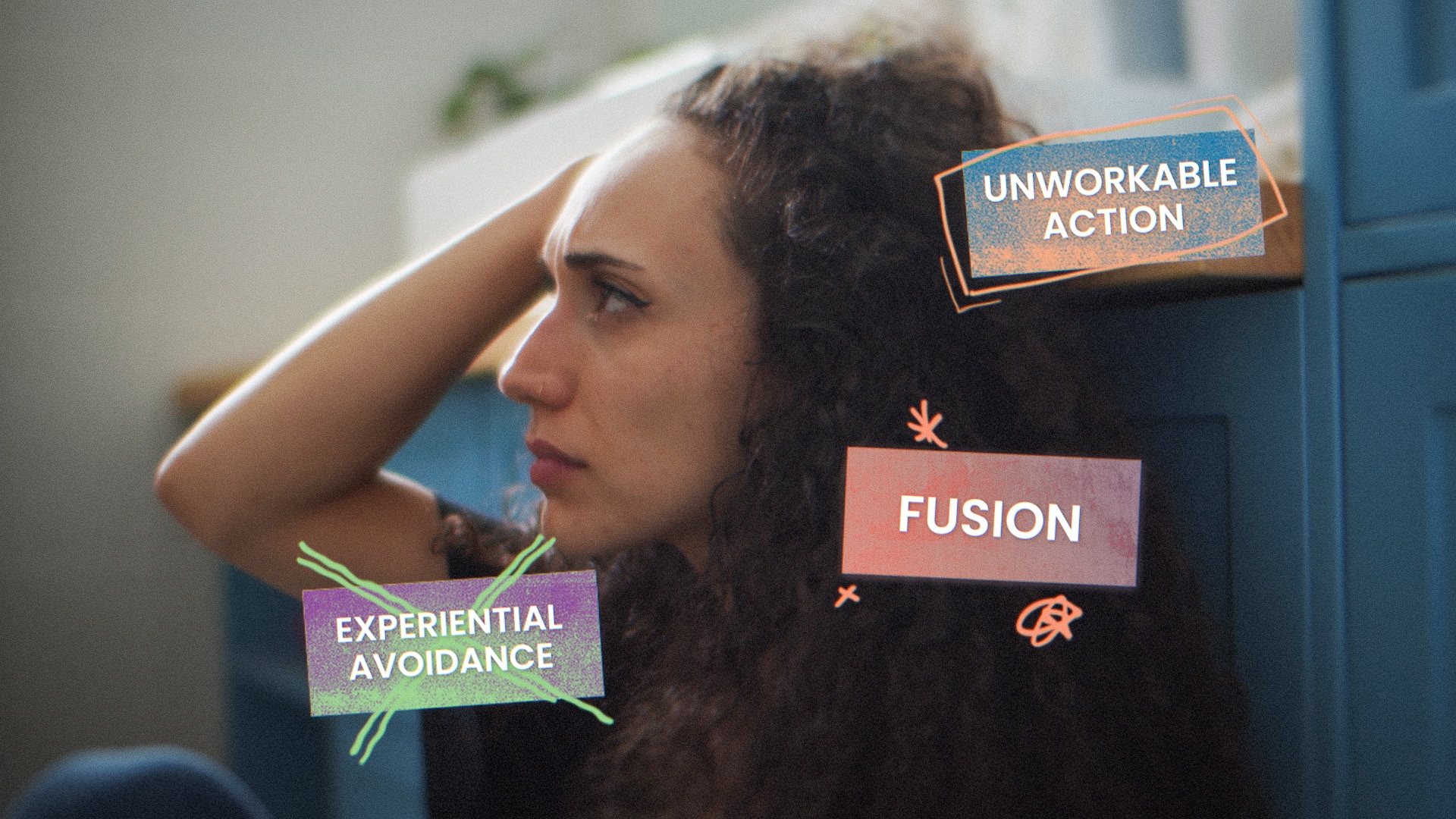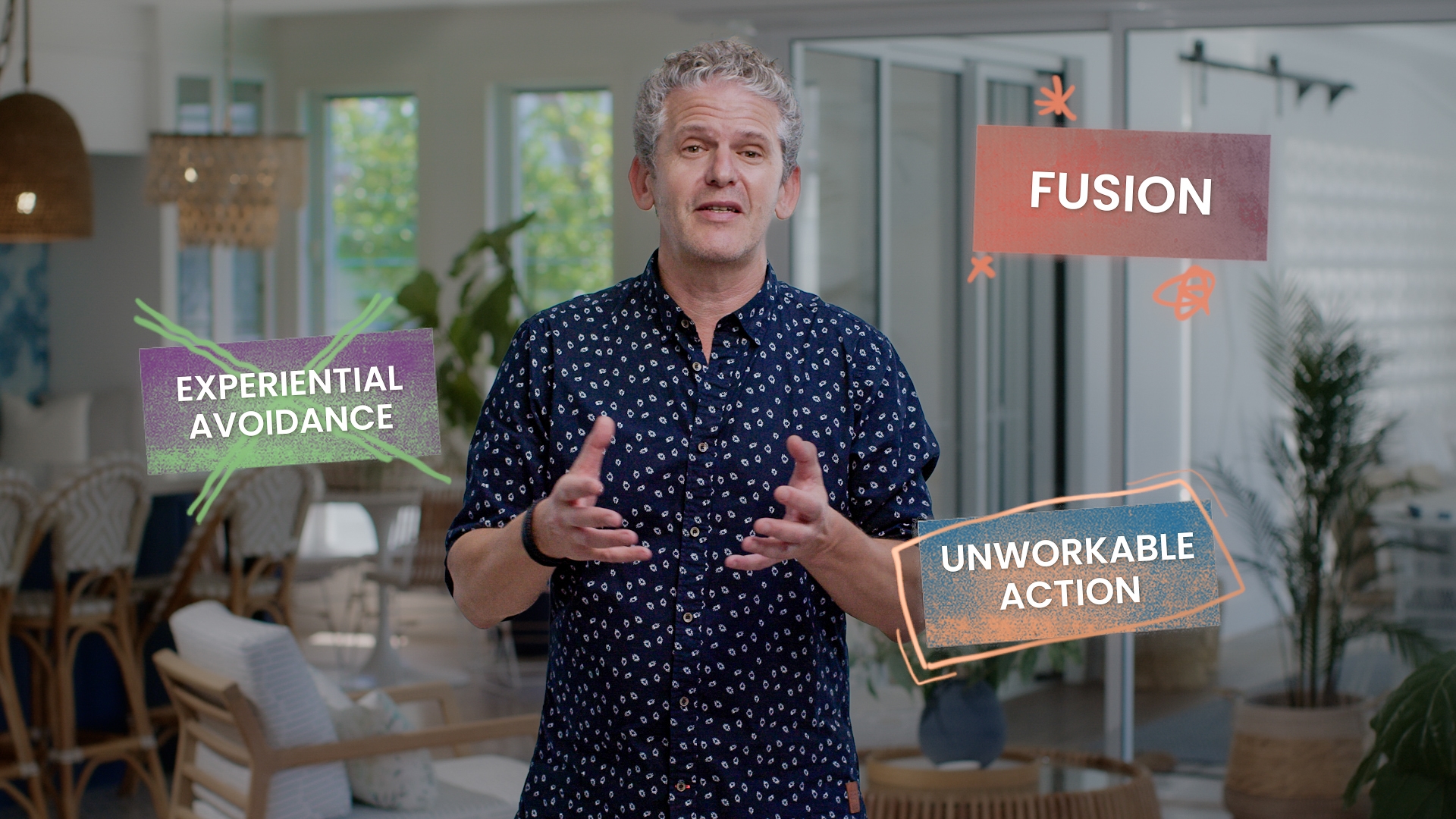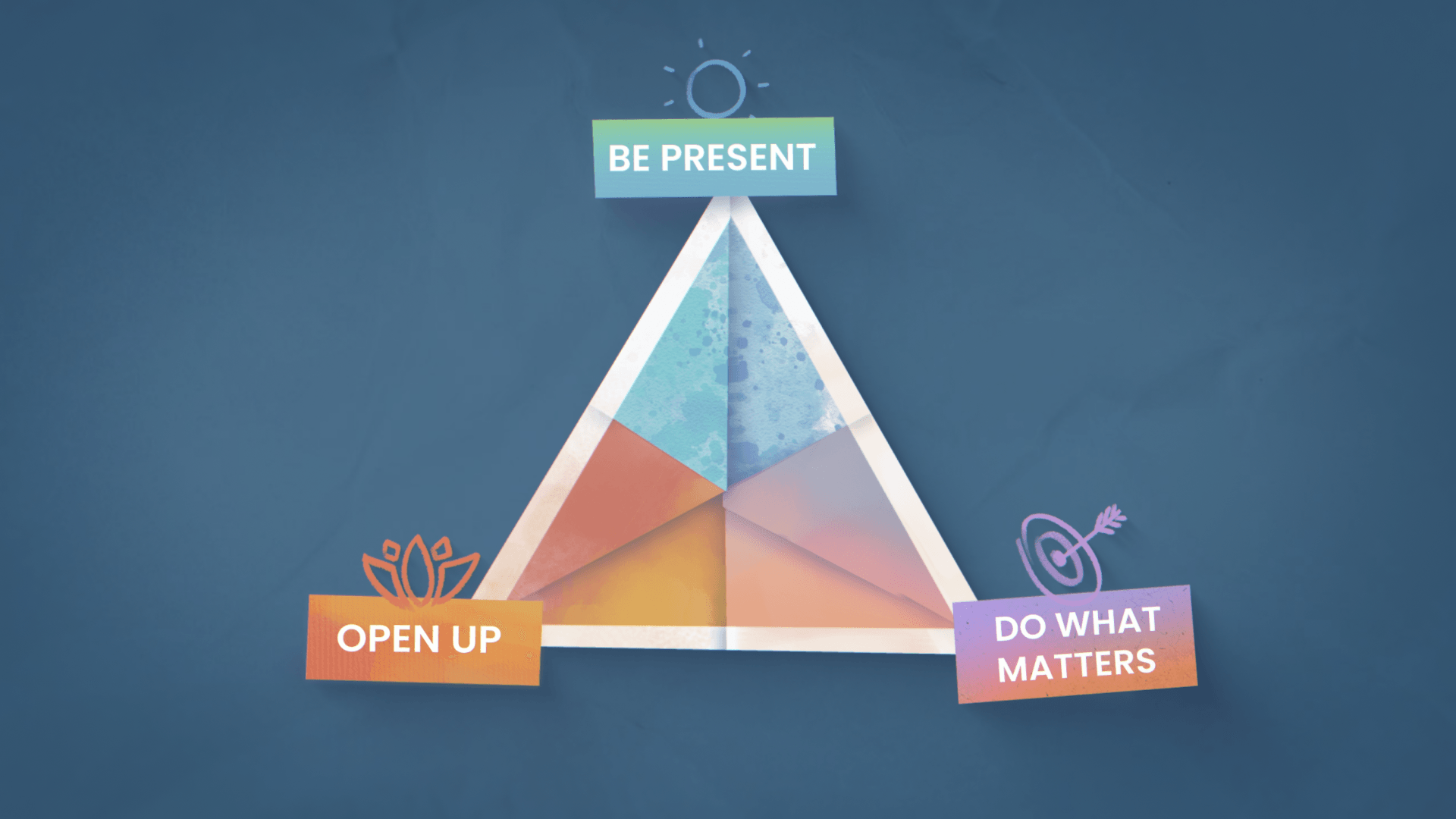ACT for Depression and Anxiety Disorders
Take your ACT skills to the next level with the new edition of this six-week masterclass: revised, updated and streamlined, with over 70% new material!
Take your ACT skills to the next level with the new edition of this six-week masterclass: revised, updated and streamlined, with over 70% new material!

Strengthen and streamline your ACT skills to work rapidly, deeply and compassionately with the full spectrum of depression and anxiety disorders – including mandated or suicidal clients. This in-depth training will give you a wealth of practical tools and strategies to effectively target not only depression and dysthymia, but the full range of anxiety disorders from OCD to panic disorder.
This course is led by Russ Harris, the world’s leading ACT trainer, and includes an interactive forum where you can connect with Russ on a daily basis. Ask questions, share experiences, and get feedback from the very best in the field. You'll be supported as you learn how to:
Win over mandated, coerced, reluctant or ambivalent clients
Use values-based strategies to motivate the unmotivated
Foster defusion from hopelessness even on the first visit
Foster defusion from ‘rigid thinking’, core beliefs and schemas (without any need to challenge or dispute them)
Develop self-acceptance and self-compassion, and overcome common barriers such as fusion with “I don’t deserve it”
Rapidly undermine rumination, worrying, and obsessing
How to find meaning and fulfilment when clients say: “life is meaningless”, “nothing matters”, “I don’t care about anything”, “I have no values”
Enrollments
We're happy to help if you can't attend the current intake. Please contact our customer service once your purchase is finalized, and we can enroll you in the intake of your choice.
If you need an invoice, please fill out the form here.
There are 16 CE/CME hours available (see Learner Notification here).
You’ll also learn how to flexibly adapt your interventions on the fly — meeting clients where they are while maintaining momentum and rapport. Gain the skills to:
Use compassionate, flexible exposure to address anxiety at its core
Work with function and process to target problematic behaviours effectively
Introduce quick, simple mindfulness practices for clients who struggle to meditate or sit still
Learn ACT-congruent emotion regulation and self-soothing strategies
Build skills in values-based problem-solving, action-planning, and contingency-planning
Understand and target suicidality, creating prevention and relapse plans using the choice point
Introduce ‘mindful ceasefires’ — the antidote to panic attacks
Incorporate relaxation techniques where needed

This course is led by internationally-acclaimed ACT trainer, Dr Russ Harris
Russ is both a physician and psychotherapist, and has trained over 90,000 health practitioners around the globe.
He is the author of the million-copy bestseller, The Happiness Trap, and the number one ACT textbook worldwide, ACT Made Simple.
His trainings are acclaimed for being fun, engaging, simple and practical.
Russ will guide you through the course and interact with you regularly via the forum.

Russ has a loathing of dull, boring training, so he’s gone out of his way to make this course fun, engaging, and incredibly practical. Each lesson is clear, engaging, and thoughtfully crafted — so you can stay focused, absorb key ideas, and build confidence in using them.
You’ll learn at your own pace through:
Beautifully produced video lessons that are clear, practical, and clinically rich
Therapy demonstrations showing how ACT unfolds, fluidly and flexibly
Real-world case examples to deepen your clinical understanding
Many downloadable tools and client resources – including scripts, audios, and handouts - to help ‘scaffold’ new skills in between sessions
Playful, light-hearted animations to bring some humour and lightness to your learning
You'll move beyond theory into real-world clinical application, learning how to deliver structured, compassionate therapy that makes a real difference in clients' lives.

The online format gives you total flexibility to learn whenever it suits you.
Each week, for the first six week, 2.5 hours of new content will be released.
For the first 12 weeks, Russ will be available every day (except weekends), to answer your questions or give you guidance, via the interactive forum
On top of that, you’ll have access to the whole course for 12 months – so you can watch all your favourite videos again.
And of course, you can keep all the audio and written materials forever (and freely share them with clients, if desired).
Who Should Attend?
This course is open to, and useful for, any professional who works with physical or psychological health. This includes therapists, coaches, counsellors, physicians, nurses, psychologists, psychiatrists, social workers, physios, dietitians, occupational therapists, youth workers, BCBAs, speech therapists, and any other type of health professional - as well as students and researchers in these fields.
